 Home
Paying to live at Ganas
Job opportunities
Inclusion & Diversity
Contact info
Home
Paying to live at Ganas
Job opportunities
Inclusion & Diversity
Contact info
Our stores
Every Thing Goes
Thrift & Vintage
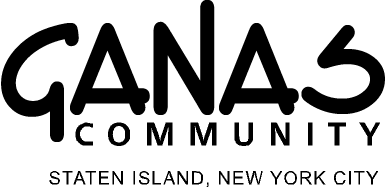
 anas Community started on
anas Community started on
Our purpose is to bring reason and emotion together in daily problem-solving, in order to create our world, with love, the way we want it to be.
Open minds make it possible to talk together and understand each other better. We ongoingly strive to better cooperate, care for each other, and share resources. Over the years we have developed a method of solving problems called Feedback Learning. This is an ongoing exploration and we welcome those who want to join us in exploring together.
Why "ganas"? The Spanish word "ganas" means "motivation sufficient to act". We chose it as the name for our community because it represented an important central value better than any word in English. Community living is full of interpersonal challenges and opportunities. With “ganas” we use our energy to focus on working out problems together. This allows us to embrace diversity, which makes community living sustainable.
The following is a statement from the inclusion group at Ganas:
In hopes of creating a culture in which people of any race, sexual orientation, or gender identity expression feel welcome and included, we see a need:
We can always do better. We know there is more work to do, and we are up for it!

Currently because of the
For over 40 years, we have worked to create the secure, comfortable, rewarding environment we thought necessary for a good life together. We share 8 large, adjacent residences on the North Shore of Staten Island in a racially mixed, working class neighborhood, close to the Staten Island Ferry (a half-hour free ferry ride from downtown Manhattan).
Work. Some community members work outside the community in a variety of fields, including social services, health care, education, healing arts, culinary arts, and information technology. Others work in our two Every Thing Goes stores nearby, where we sell used clothing, books, furniture, and a variety of related merchandise, or in the Ganas Community residences in housekeeping, food distribution, cooking, administration, or building maintenance and renovation.

Indoor Spaces. We’ve renovated our buildings to suit our needs and our pleasure. Our living spaces are comfortable, attractive and relatively well maintained. Bathrooms are shared among floormates in each house. Public spaces are shared, and some can be reserved for special gatherings.
Outdoor Spaces. Boardwalks connect most of the houses. We have some flower and vegetable gardens. There are several porches, a hammock, an outdoor clothesline, and lovely spots for sitting. We have many trees (some fruit bearing) and berry bushes, and the yards are kept somewhat wild, not heavily manicured. Ganas sits on a hill, from which we can catch the sun and moon as they rise and set. Year round, there are views of the sky, the bay and the City, as people refer to Manhattan. In summertime, we enjoy the shade and shelter of the large trees which surround us, and the option to cool off in our small dipping pool.
Food at Ganas is plentiful and varied enough to suit most people, from meat eaters to vegans. Dinner is served in our main dining room Tuesday through Saturday and leftovers are available 24/7. Additionally, everyone has access to stocked kitchens where people can prepare their own meals and snacks.
Dinner Discussions. Evenings in the dining room are usually unstructured, with occasional structured discussions for events like birthdays, visitor dinners, and some others. Because of the need to socially distance, we try to maintain the seats at least 6 feet apart and have outside eating places for people to eat if they prefer that and if the weather permits.
Small Group Activities. We have several living rooms which are used for meetings, gatherings, discussions of various types, dancing, exercise, computer use, listening to or making music, TV or movie watching, eating, or just hanging out.
Large Group Activities. Anyone can organize most anything, with a bit of communication and responsibility-taking for set-up and clean up. We have dances, talent shows, potlucks and parties. Some people organize outings and trips, barbeques and play readings. Birthdays are often celebrated with a brunch on the weekend, with the birthday person selecting activities for the group to enjoy together.
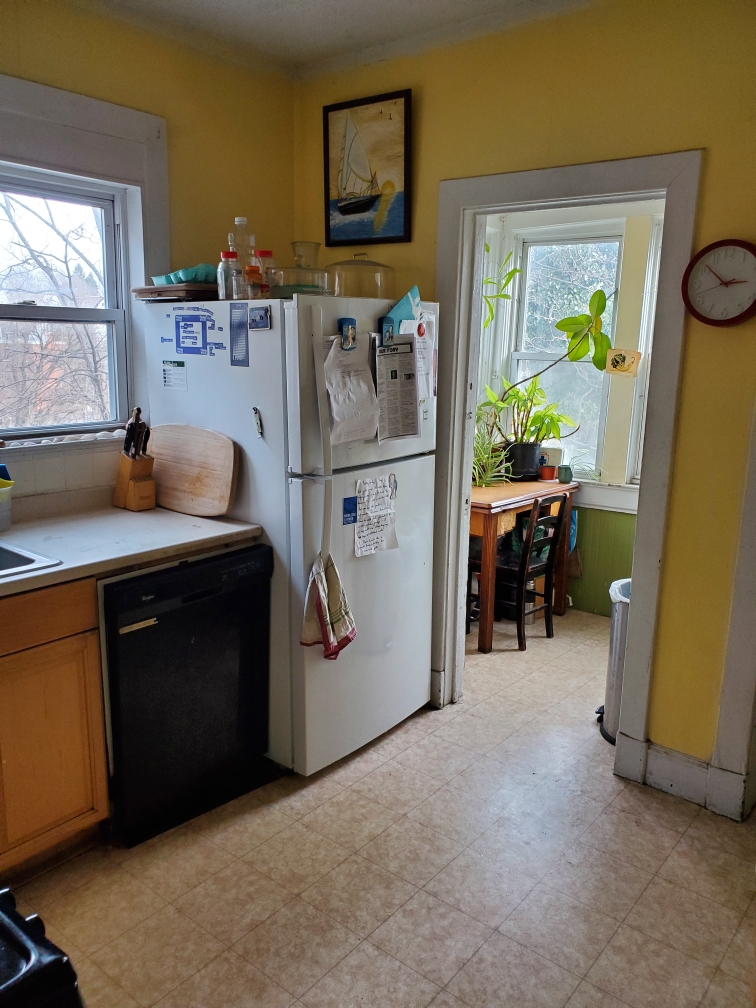
Our social and political structure has evolved to incorporate as many lifestyle options as possible. We have several different, but complementary, populations at Ganas. The first, called the core group, currently consists of nine people — five men and four women — who function as the community's management team. They pool their time, talents, and material things. They're also committed to working through problems that arise between them. This group is open to new members, but because of the demands made on core group people's time and resources, few people opt to join.
The second is a group of about 25 people, most of whom are interested in the Ganas philosophy. They share only the resources they choose to, are not necessarily committed to join any particular activity, or to exchange feedback, expose their own emotional reality, or accept anyone else's. However, many do opt to participate. They often share in decision making, and they tend to live here for many years. Members of this group may work either outside or inside the community.
The third consists of about 35 people, many of whom consider this their home. Others have come for a short visit, anywhere from a few weeks to a few years. Some work in the community. Some are employed elsewhere or are students. They tend to form close social sub-groups, and may hold very different but surprisingly compatible philosophies. They may or may not be involved with Ganas' goals and activities, but almost all of them enjoy the Ganas experience, and many report on its value to them years after leaving. The few who are here short term provide an opportunity for members to experience a revolving population of diverse people.
Despite this variety of connection, everyone who lives here agrees to follow our four rules (described below) and to use our method of problem-solving.
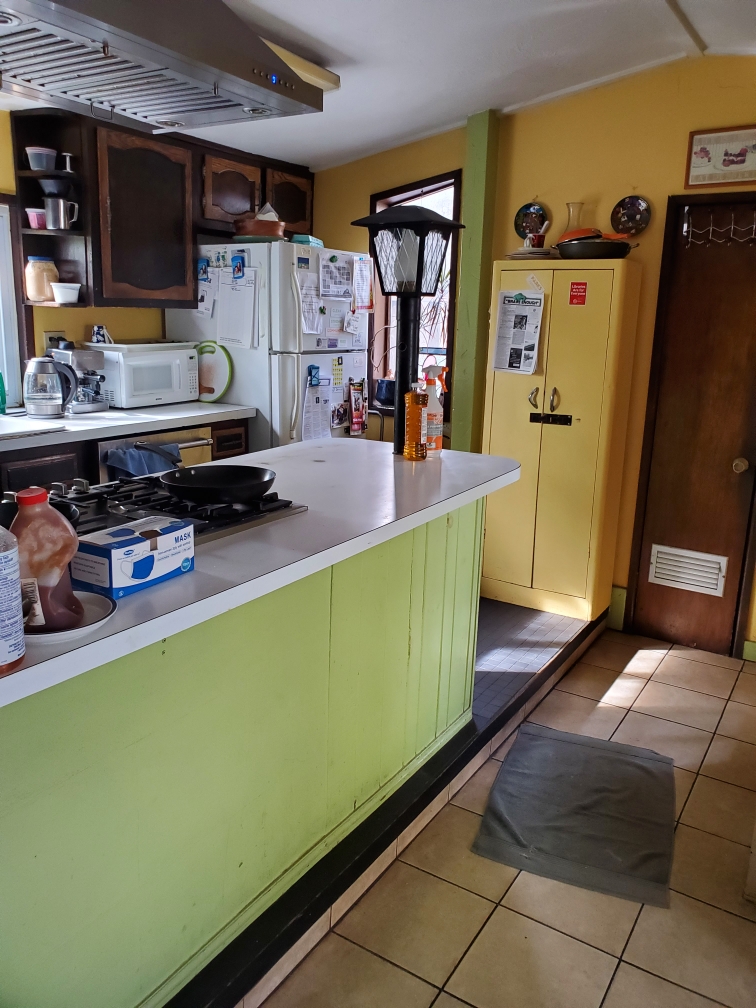
Rules. Since we deal with problems daily in open discussion, we are able to limit ourselves to only 4 rules:
People breaking one of these rules will be asked to leave.
Agreements are made and changed often. Anyone can bring up any issue any time, and anything can be somewhat modified, if that's what it takes to meet people's needs. We've agreed in principle to help everyone get as much of what they want as possible. None of this consistently goes according to plan, but we work on it.
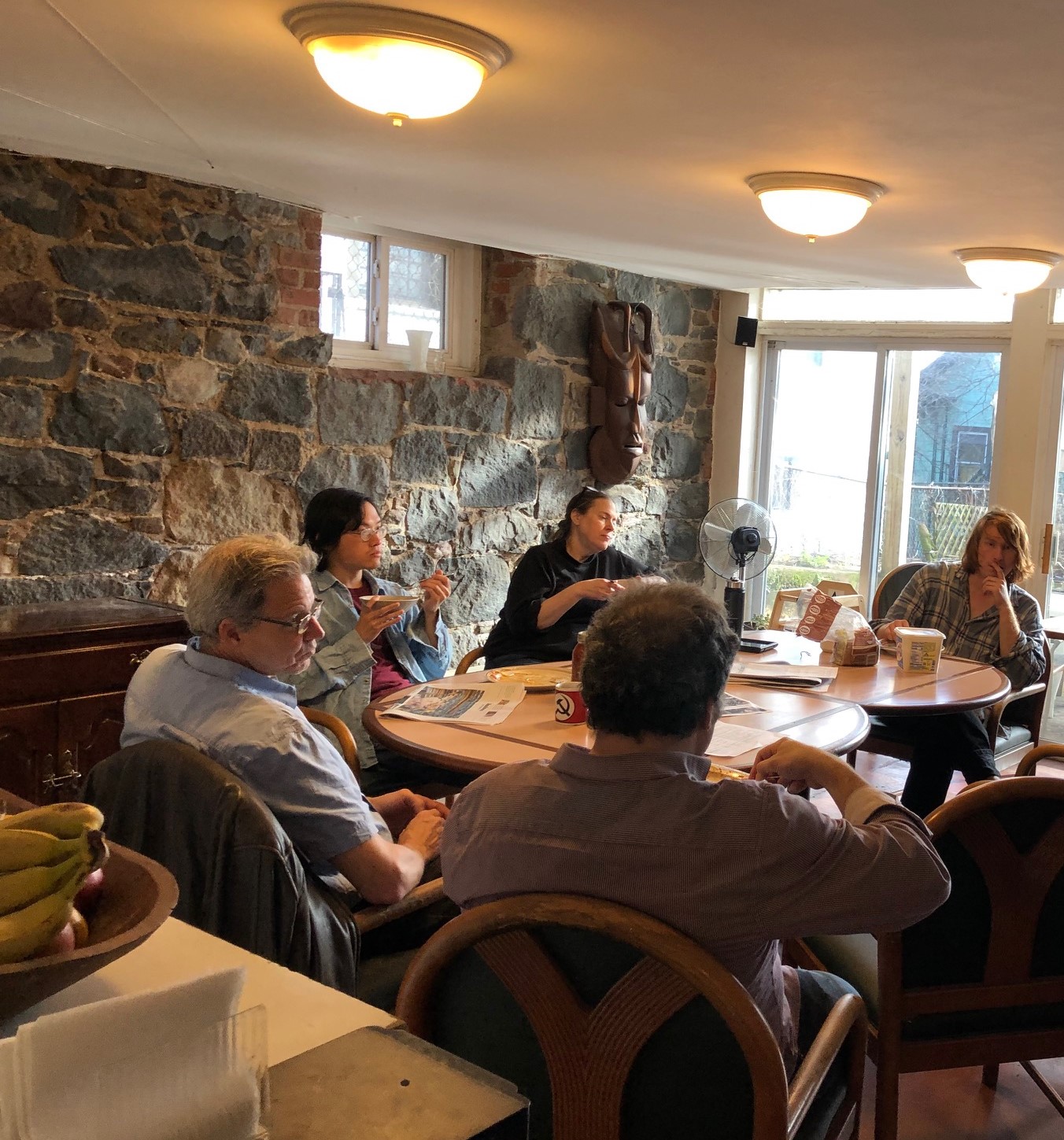
Decisions at Ganas are not made by vote. Instead we have a manager system with consultation and discussion as our basic decision making process.
The first component of our decision making process is decentralized administrative responsibility and authority. Each area has a manager who is authorized to make decisions after consulting with the people who work in their area. Issues that require coordination between areas, conflicts within an area, or decisions that involve new territory or philosophic discussion are brought to the morning planning session.
The second component of our decision making process involves communication systems. We strive to have as much current information as possible available to as many involved people as possible. Decision makers are required to seek and distribute such input. The planning session is the main vehicle we have for information exchange. We also have regular meetings of the staff in each area and weekly manager meetings. The information processed in these ways is subjective as well as objective, personal and community-wide as well as business- or job-oriented. It includes opinions, preferences, and feelings, as well as facts.
The third component of our decision making process is the coordination of decentralized authority. The main overall coordinating group consists of the regular attendees at the planning meeting. Its purpose is to coordinate the community’s information processing and decision making.
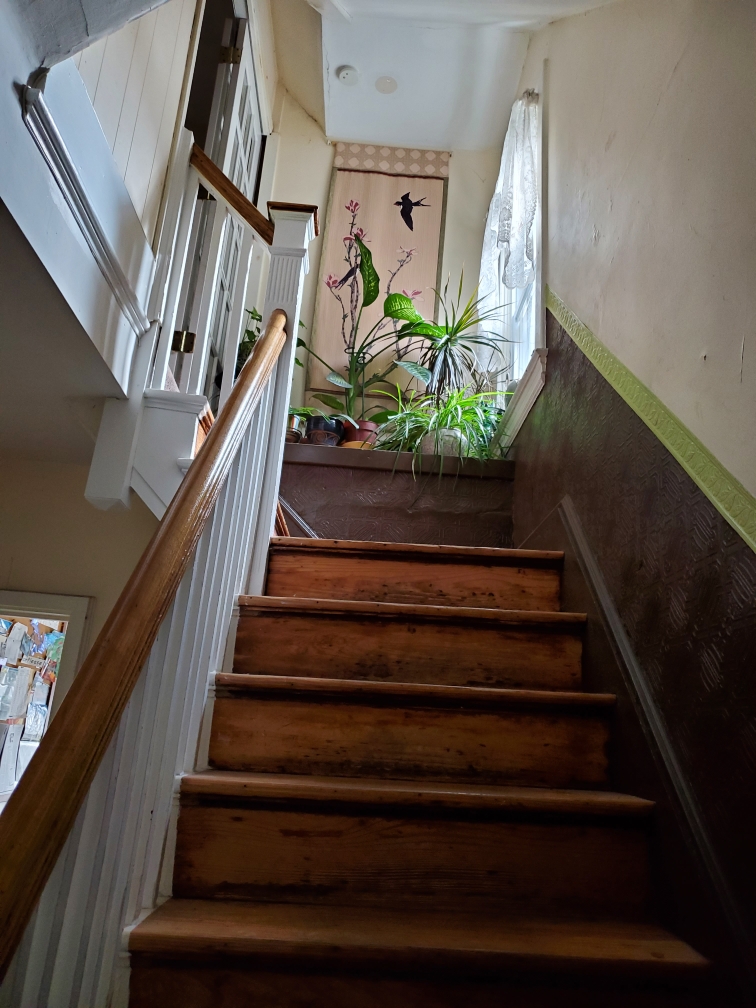
Good interactive communication is our central value. We include emotional and other nonverbal exchanges in our definition of communication. Although often the most important, critical feedback seems to be the hardest kind of information to give or to accept. Yet it's obviously necessary to identify mistakes before we can correct them.
Our approach has been to try to increase receptivity to intake rather than try to control the content or style of people's output. The idea is that it's actually safer to know what's happening and then work out what's wanted; instead of hiding unpopular thoughts and feelings, and living in a haze of unknowns and deceptions. That means learning to make approval or disapproval less important. We have tried to create an environment in which we really are safe to do these things — but often people don't actually feel safe. As a result, too often most of us still hide our truth and recoil from others when they present theirs. It's a full time job learning to do better and we are constantly needing to re-think our approach and modify our practices as we get new information.
We have used many methods over the years, including a range of relaxation and mind quieting procedures; a variety of instruments for performance feedback and behavioral recordkeeping; and study groups that define terms and discuss theories of behavior. The main approach we rely on now is direct discussion. Therefore, group involvement is almost a daily event at Ganas. Five mornings a week, Tuesday through Saturday, from 7:45 to 9:00 (to 9:15 on Saturdays), is when much of the work happens. We discuss business and personal problems, explore hidden agendas and defenses, and think about how we communicate (or don't) about whatever is going on.
About 20 or 25 people are committed to participating in this process. We've agreed to maintain one focus at these times so that anyone who speaks can expect to have everyone's attention. New people often find these large interactive groups daunting, especially at first. This type of participation is not required, and over time a number of people find the rewards worth the effort. We are actively involved in trying to find ways to make our communication more effective. New people are welcome to join that task.
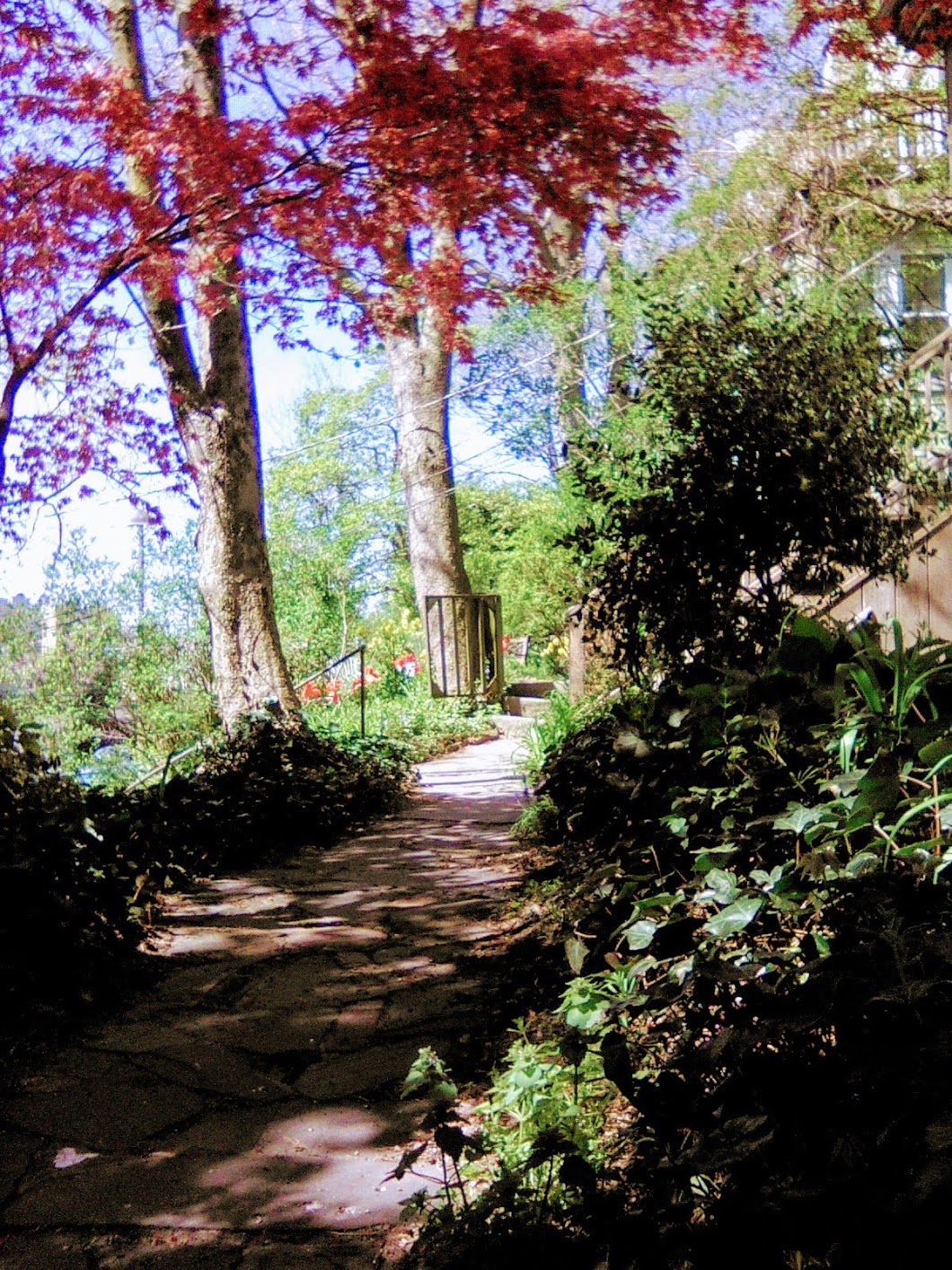
Most of our work happens in two retail Every Thing Goes stores. One store, Every Thing Goes Furniture & Clothing, sells mostly used furniture and clothing. The second, Every Thing Goes Book Cafe, is a used bookstore/cafe and performance space. The businesses are located a few blocks from the residences. They are well organized, efficiently run, attractive, and profitable. Most of the inventory is comprised of donations from households.
Approximately 15-20 people are involved with the businesses. Another 12-15 people work with the food, gardening, housekeeping, administration, and maintaining or upgrading the property and vehicles. Full time work is 30 hours a week. About 25-30 people work outside the community and pay their expenses.
Most of Ganas shares a strong work ethic. It is important to most of us to create replicable models of profitable cooperatives in the context of ecologically sound practices and socially valuable products.
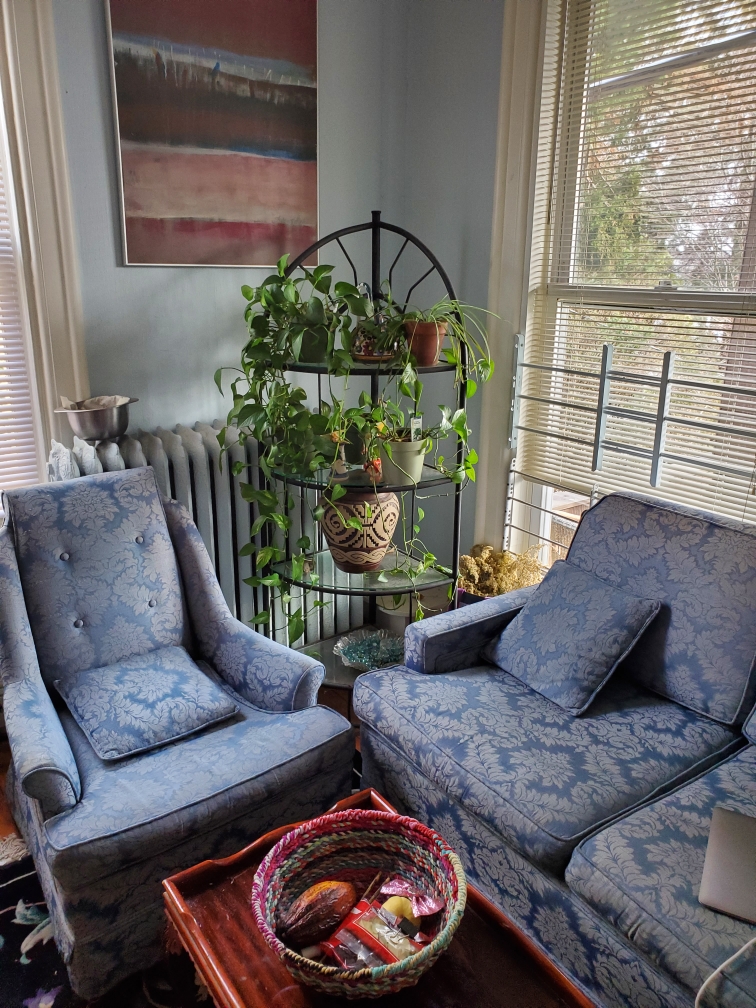
We welcome visitors who are fully COVID vaccinated. Our daily rate is $55 a night, including room, food, toiletries, etc. Email Susan at info@ganas.org if you are interested.
If you live in the NYC area, you are welcome to come to a Friday evening visitors’ dinner, which we are now hosting on the 3rd Friday of every month. You must make an appointment first which you can do by emailing Susan at info@ganas.org. We eat dinner at 6:30pm and start the discussion at 7pm. At this dinner we will be happy to answer any questions you may have, find out more about you and your interest in community, and take you on a short tour of our houses. If you live too far to come for dinner you can attend our virtual visitors’ session held the first Friday of every month, 7-8pm. If Friday evenings don’t work for you, email us and we’ll answer your questions and make some other arrangements.
When you visit, most of our activities are open to you. You are free to participate in our discussions if they interest you. You will be encouraged to say or ask whatever you want (even if it's personal) and express whatever you feel. But then you will be asked to hear whatever is said or felt in response. If someone in the group feels that your input is ill-informed, or an interference with what's happening at a particular time, they'll tell you so and explain why. If what's happening cannot be interrupted at that moment, you might be asked to wait until a better time, but we do urge you to ask. We will try to provide information about people, to update you, or to discuss community affairs, feedback learning theory and practice, or anything else you'd like to know.
People staying for a night to a week are asked to pay $55 a day and help out some. If you decide to try living at Ganas for a while, all your expenses can be met with one fee of $950 a month, depending on what you can afford. That covers your room, food, toiletries, laundry supplies, utilities, wifi, etc. If you want to work in the community, you need to contact us at staffing@ganas.org to find out if there is work available, and if your skills meet our needs. When you first move in, you will undergo a one month trial, so we can find out how things work between us during that time. You will need to bring a deposit equal to one month's expenses whether you work here or work outside. In addition, all Ganas members are asked to help out in some way for at least a few hours a week.
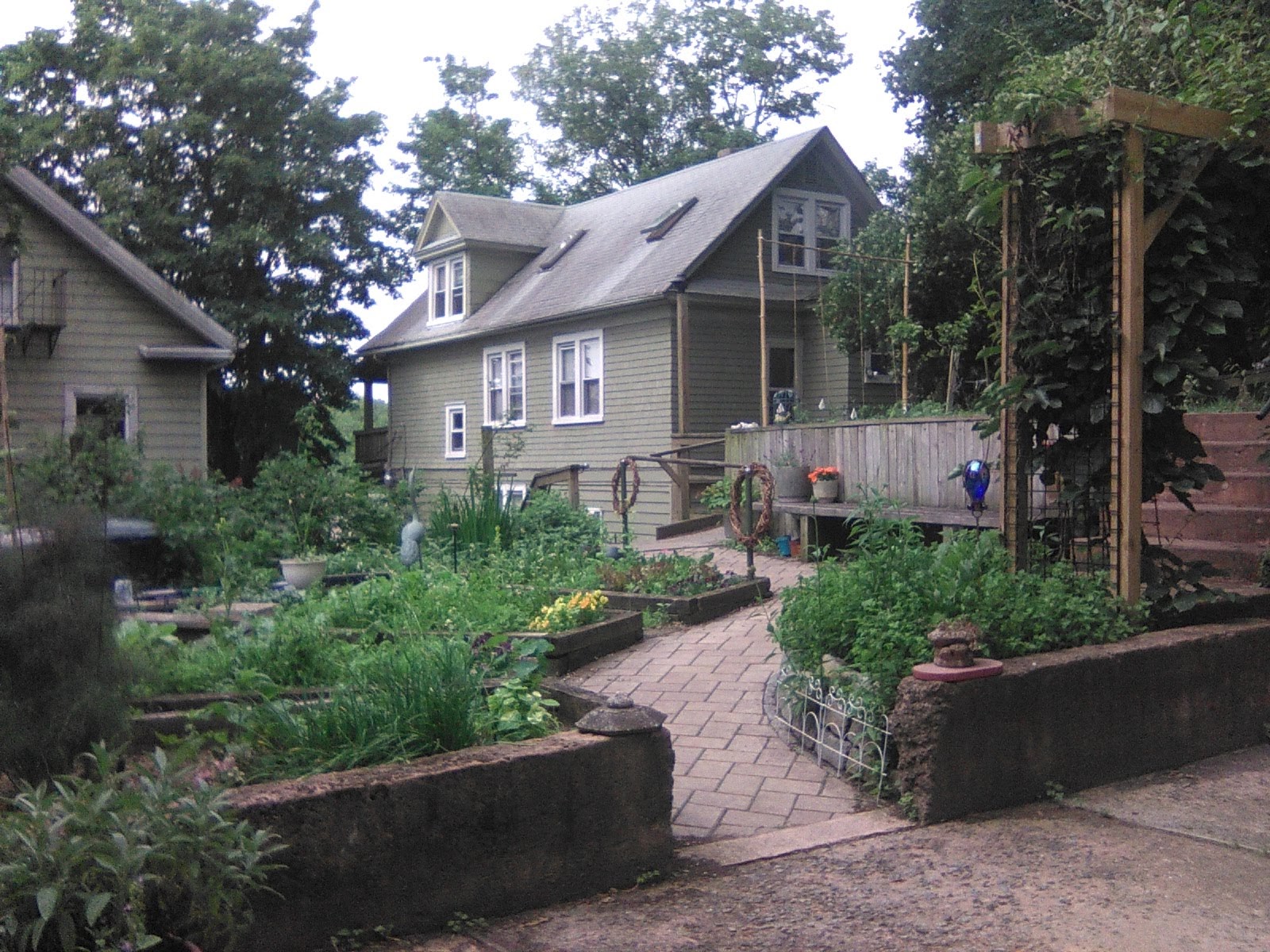
What Ganas offers and does not offer is not always clear. We are not a therapeutic community and we don't give feedback to everyone. People have to be willing (and thought to be able) to make good use of direct feedback before we do. Personal issues do come up spontaneously and sometimes quite publicly, but they are only discussed in depth with clear consent and effective cooperation. We feel that our group discussions are simply ongoing, truth seeking, planning or problem solving dialogues.
People who want to learn how to think, love, and bring expressions of reason and emotion together in dialogue will probably enjoy Ganas very much. People who want to understand and contribute to others may find a treasure house of value for themselves here.
If you would like to live, work, and play in community with interesting and interested people;
If you care about good problem-solving dialogue based on truth and goodwill (and want to learn how to do it);
If you have sought close relationship with varied people who want to hear, understand, and care about each other;
If you want interesting, valuable work, and you enjoy working productively (or want to learn how to);
If such things feel right for you ... You are invited to visit and perhaps to live and work with us.
email Susan at info@ganas.org
Ganas Community
135 Corson Ave.
Staten Island, NY 10301-2933
718-720-5378
fax: 718-448-6842
web: www.ganas.org
_________________________
Last modified March 15, 2024
web page feedback: Richard Wonder, richard@ganas.org